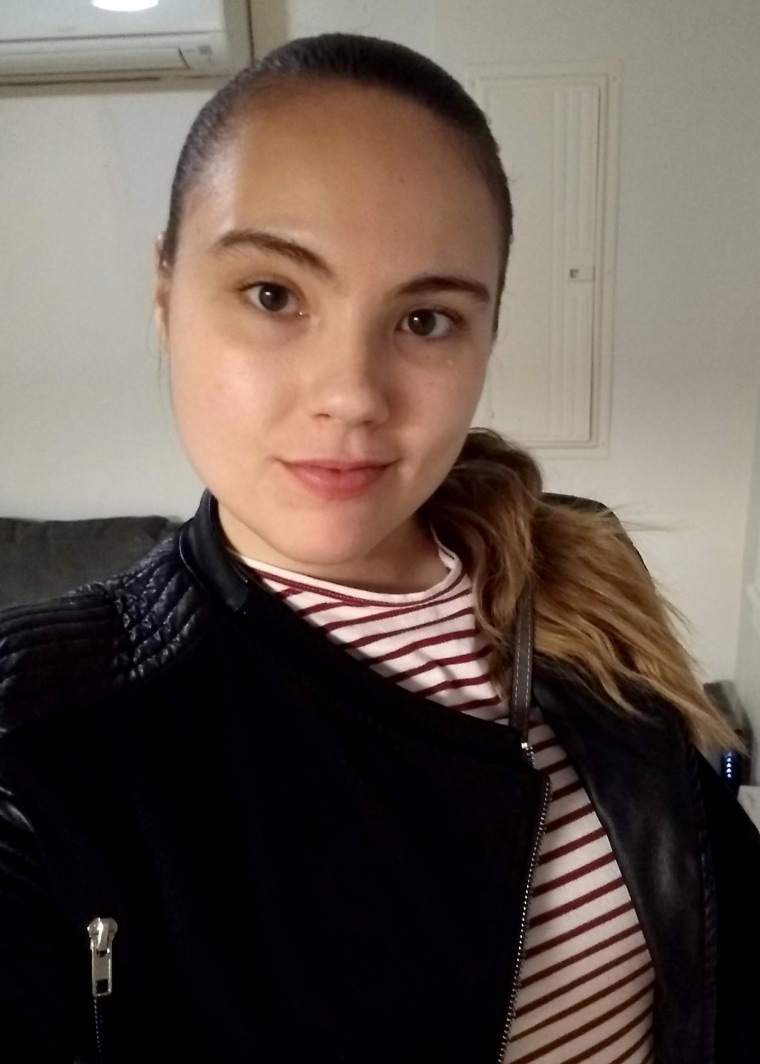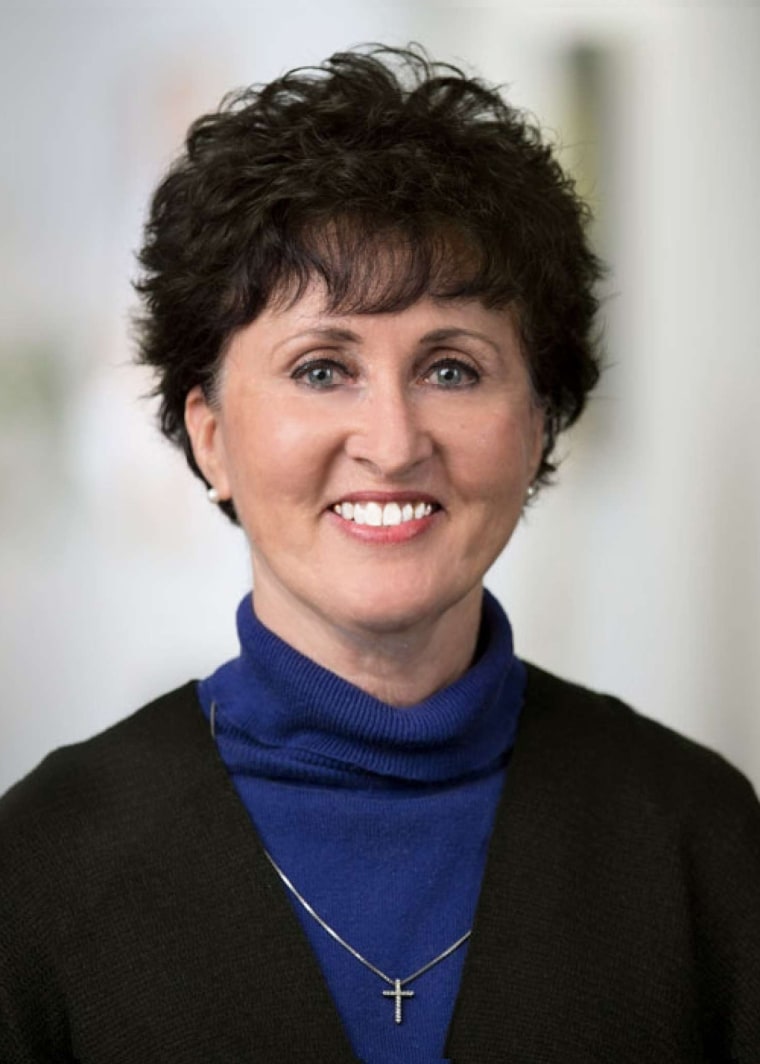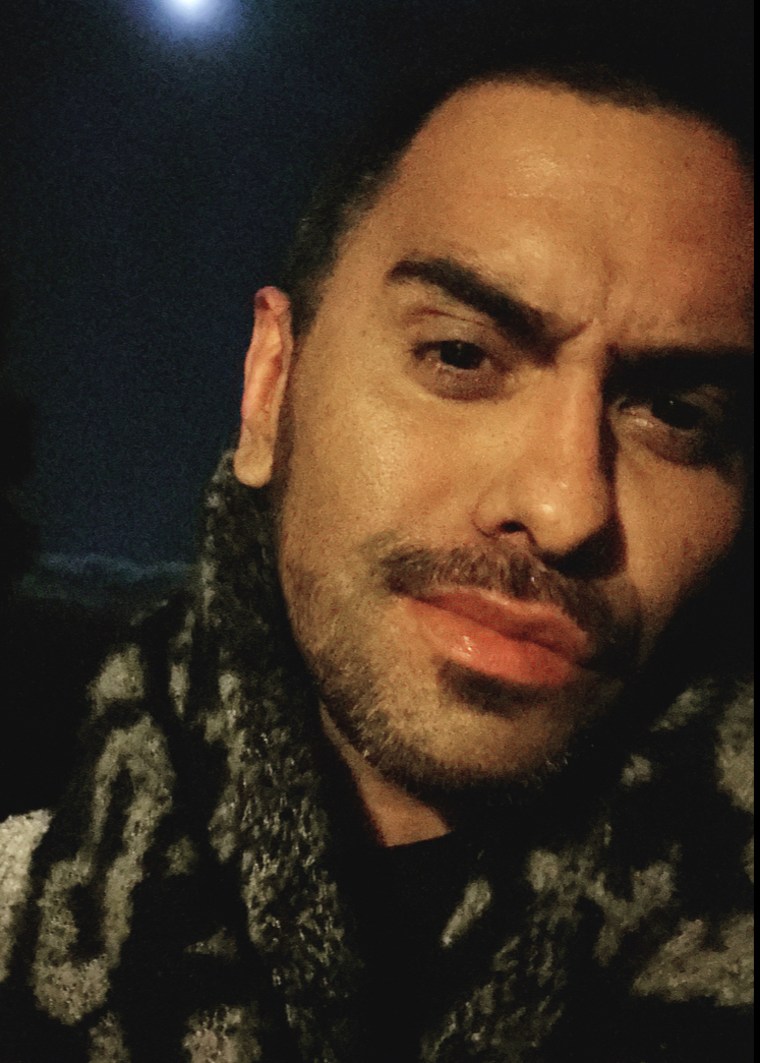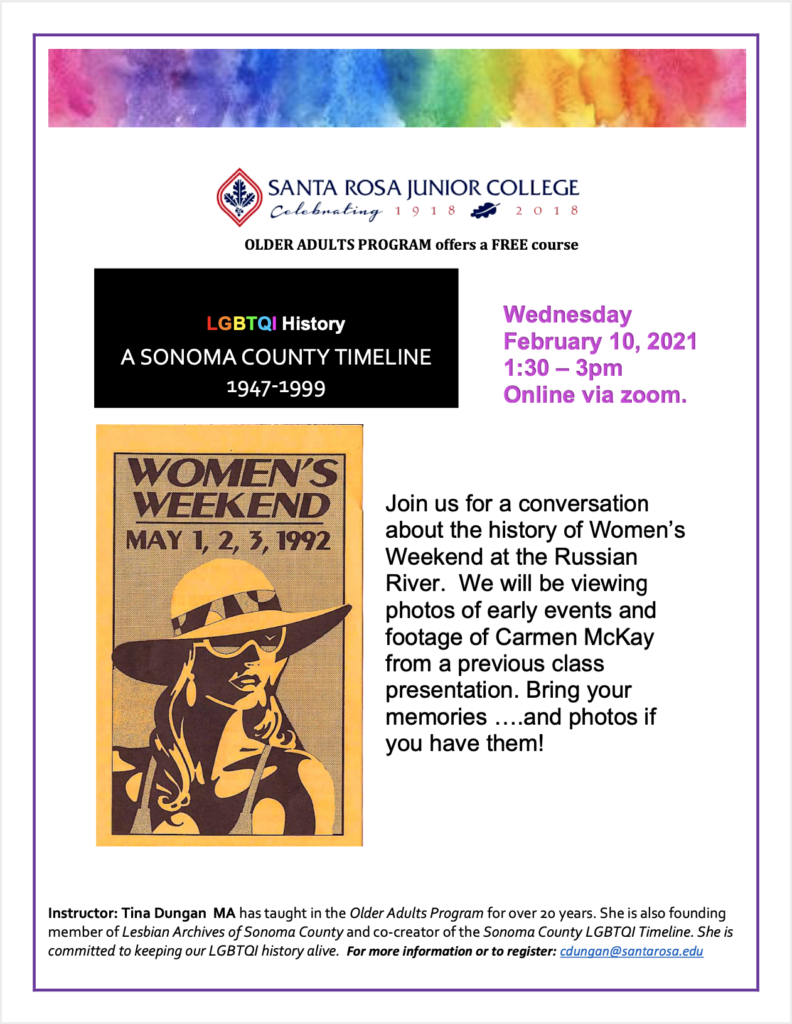Myanmar’s LGBT+ community marches with rainbow flags against military coup
LGBT+ people have joined in the ongoing protests against the military coup in Myanmar, demanding the freedom of the country’s elected officials.
Over the past four days, tens of thousands of people across Myanmar have taken to the streets in protest of a military coup which removed power from the country’s elected officials. Myanmar’s elected leader Aung San Suu Kyi and members of her party were arrested on 1 February by the military after it declared the country’s November general election results fraudulent.
Now, LGBT+ people in Myanmar have joined in the protests.
Myanmar freelance photographer Kyaw Htet captured photos of LGBT+ people who were walking among the protestors. Htet shared the photos, which were dated 8 February – the eighth day of the military coup, with the caption “queers for democracy”.
Same-sex relations are punishable by up to 10 years in Myanmar, wwith trans people also criminalised.
Three drag artists are featured in the pictures with a Pride flag and signs that read “Power to the people” and “We want our leader. Free Daw Aung San Suu Kyi”. In other photos, there are signs that read “gays for democracy” and “queers for democracy”.
Journalist and filmmaker Ali Fowle also shared a picture on Twitter which showed the LGBT+ community would be joining in the protests. In the picture, four individuals wear Pride flags on their backs.
Hnin Zaw, a journalist and former Myanmar correspondent for Reuters, posted pictures of the LGBT+ community participating in a general strike in Yangon, the largest city in Myanmar, against the military.
What has happened in Myanmar and why?
Myanmar is located in south-east Asia and neighbours Thailand, Laos, Bangladesh, China and India. It has a population of roughly 54 million people. The country gained independence from the British Empire in 1948 and was ruled by the armed forces from 1962 to 2011, when the it returned to civilian rule.
The military seized control on 1 February and put the country’s elected officials, including Suu Kyi, under house arrest, after Suu Kyi’s National League for Democracy (NLD) won the country’s general election by a landslide in November.
The military backed the opposition, claiming widespread fraud, and has declared a year-long state of emergency. However, the election commission said there was no evidence to support these claims.
Protests have been largely peaceful, but there have been reports of the police using water cannons against protestors. In Yangon, protestors have given police fizzy drinks, cakes and other refreshments, according to The Guardian.
Who is in charge now?
Commander-in-chief Min Aung Hlaing is now in power in Myanmar. In his first TV address since the coup began, Hlaing said the electoral commission failed to investigate irregularities over voter lists in the November election and had not allowed fair campaigning.
He promised new elections would happen and a new “reformed” election commission would oversee it. Hlaing said the country would achieve a “true and disciplined democracy” and told citizens to “go with the true facts and not to follow feelings of your own”.
More from PinkNews
Stars you didn’t know are LGBT+Celebs you didn’t know have an LGBT siblingThe stars who went gay for pay
The Biden administration is now reportedly considering targeted sanctions in response to the military takeover in Myanmar. White House national security advisor Jake Sullivan said the administration believed it could work with Congress on a “package of sanctions to impose consequences in response to this coup”.
“We will also be working with allies and partners around the world,” Sullivan said during a White House news briefing. He added: “We are reviewing the possibility of a new executive order, and we are also looking at specific targeted sanctions, both on individuals and on entities controlled by the military that enrich the military.”
The armed forces have imposed a curfew and banned gatherings of more than five people in the country’s two biggest cities. Gatherings are now illegal in at least seven areas in Yangon and Mandalay. People are also banned from leaving their homes between 8am and 4pm.



